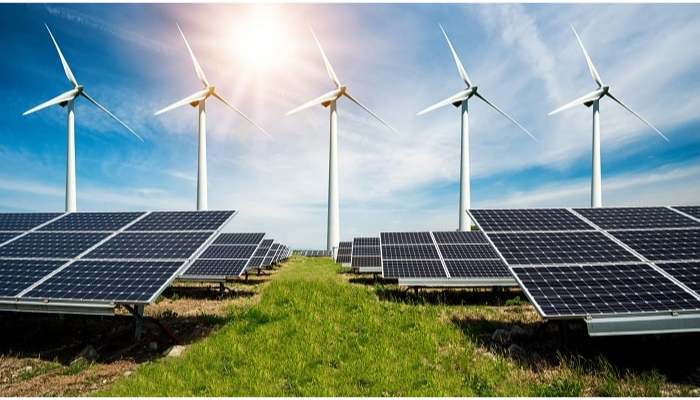To achieve sustainability and contribute to consolidate Dubai’s leading position and build innovative and environmentally friendly communities, Dubai Free Zones Council (DFZC) meeting, headed by Sheikh Ahmed Bin Saeed Al Maktoum, Chairman of the Council, explored the Dubai Economic Agenda (D33), aiming to position Dubai among the top three global cities and double the size of its economy in the next decade.
Several initiatives were discussed to achieve the goal of D33 and mapped out the plan of action in light of the UAE’s preparations to host the Conference of the Parties to the UN Framework Convention on Climate Change (COP 28) in Dubai Expo City. The Council pointed out at the importance of attracting national talents to work in free zone companies in Dubai by coordinating with the Emirati Human Resources Development Council in Dubai and several other topics related to the business sectors in the free zones.
Free Zones Energy Demand Management Strategy was discussed with an aim to reduce the free zone companies’ demand for electricity and energy consumption to achieve sustainability and contribute to achieving the vision to consolidate Dubai’s leading position and build innovative and environmentally friendly communities. This strategy is expected to support the objectives of the UAE Net Zero strategic initiative, that targets to achieve climate neutrality by 2050.
With the target to reduce demand for energy and water by 30% by 2030 for free zones and companies, the strategy further outlines methods to introduce innovation, awareness technologies, and processes related to energy demand reduction and sustainability, as well as providing resources, tools, programs, and policies, and reducing the carbon footprint of free zones. The strategy will be implemented in cooperation with the concerned government agencies.


